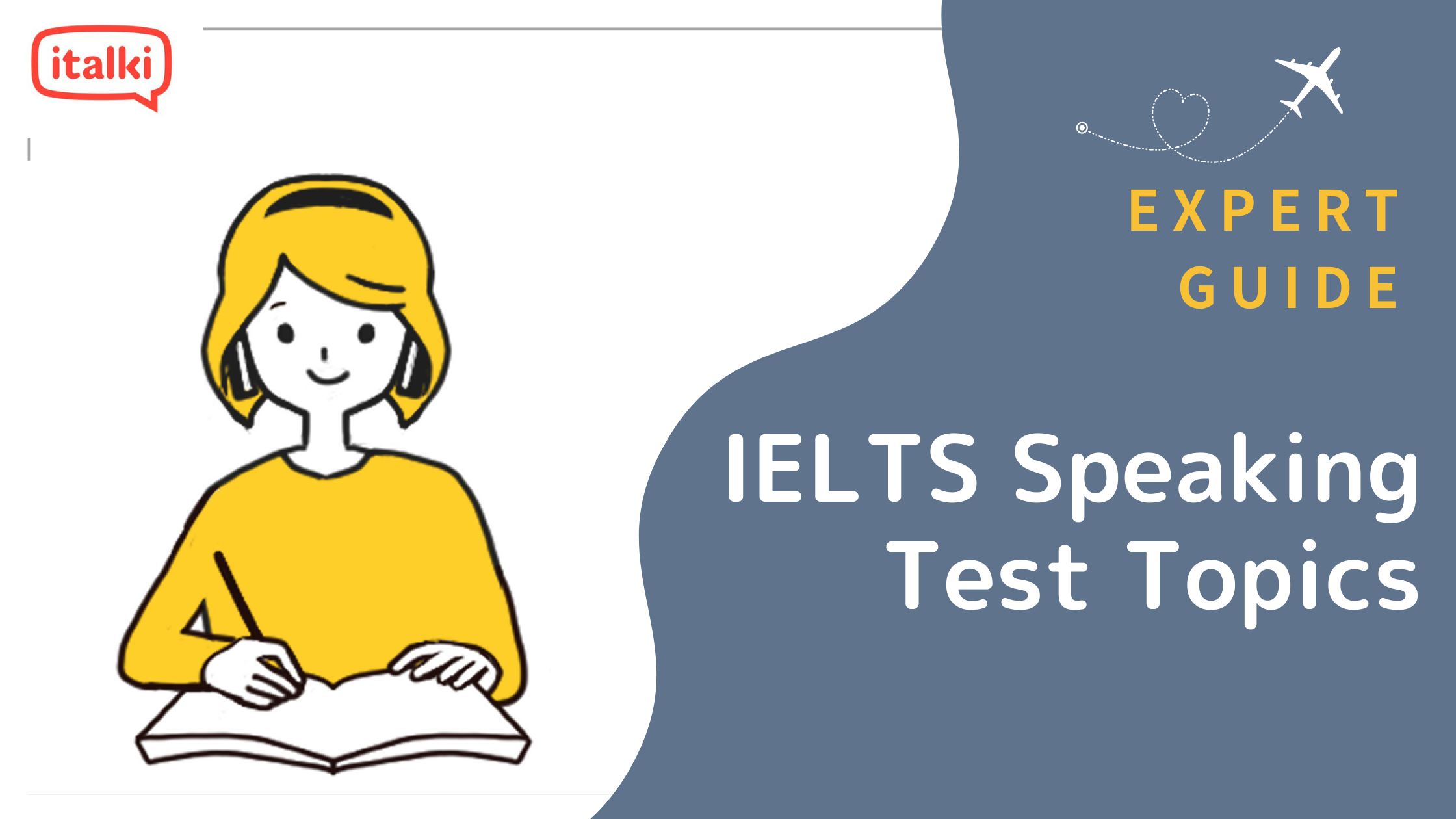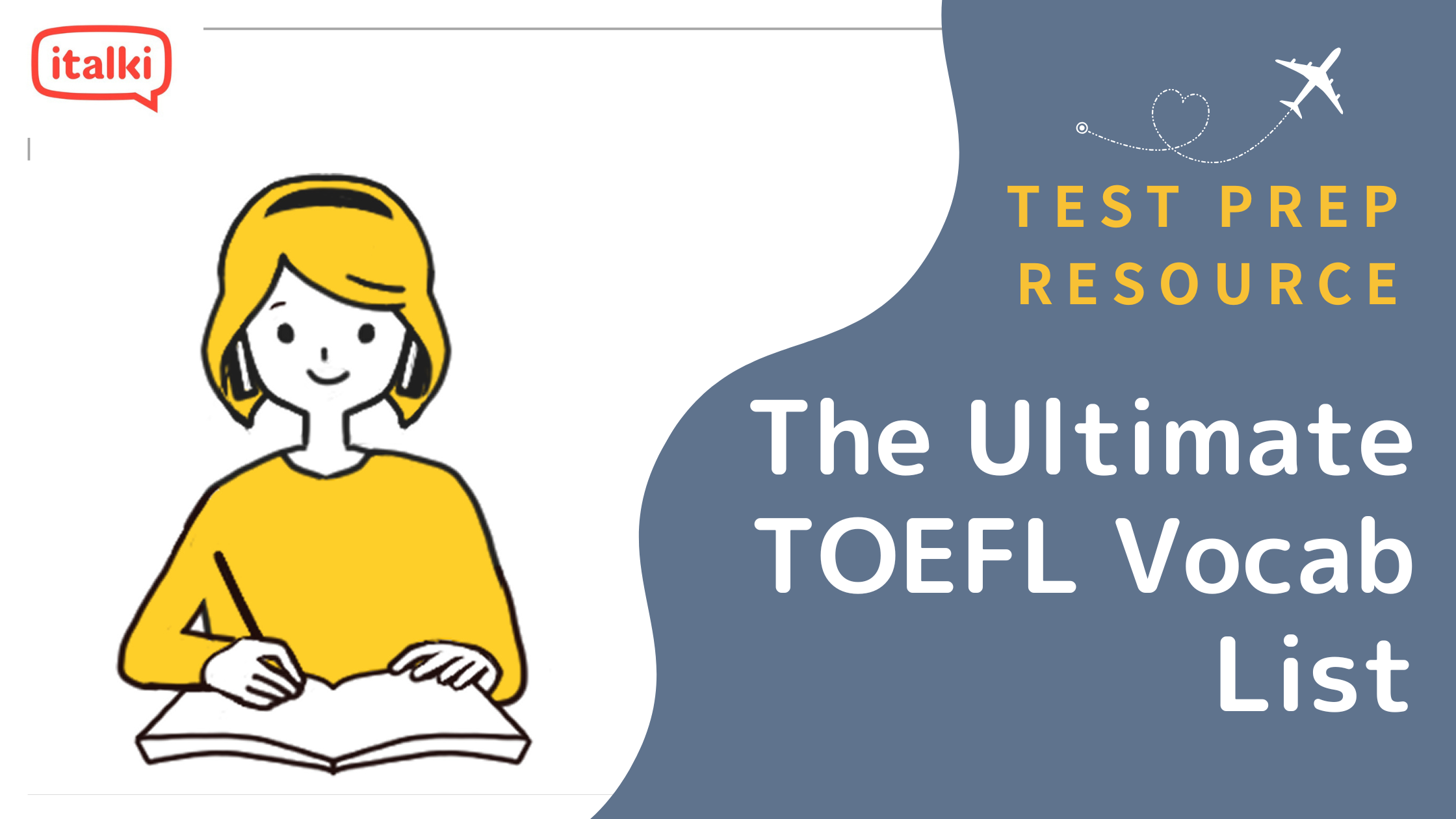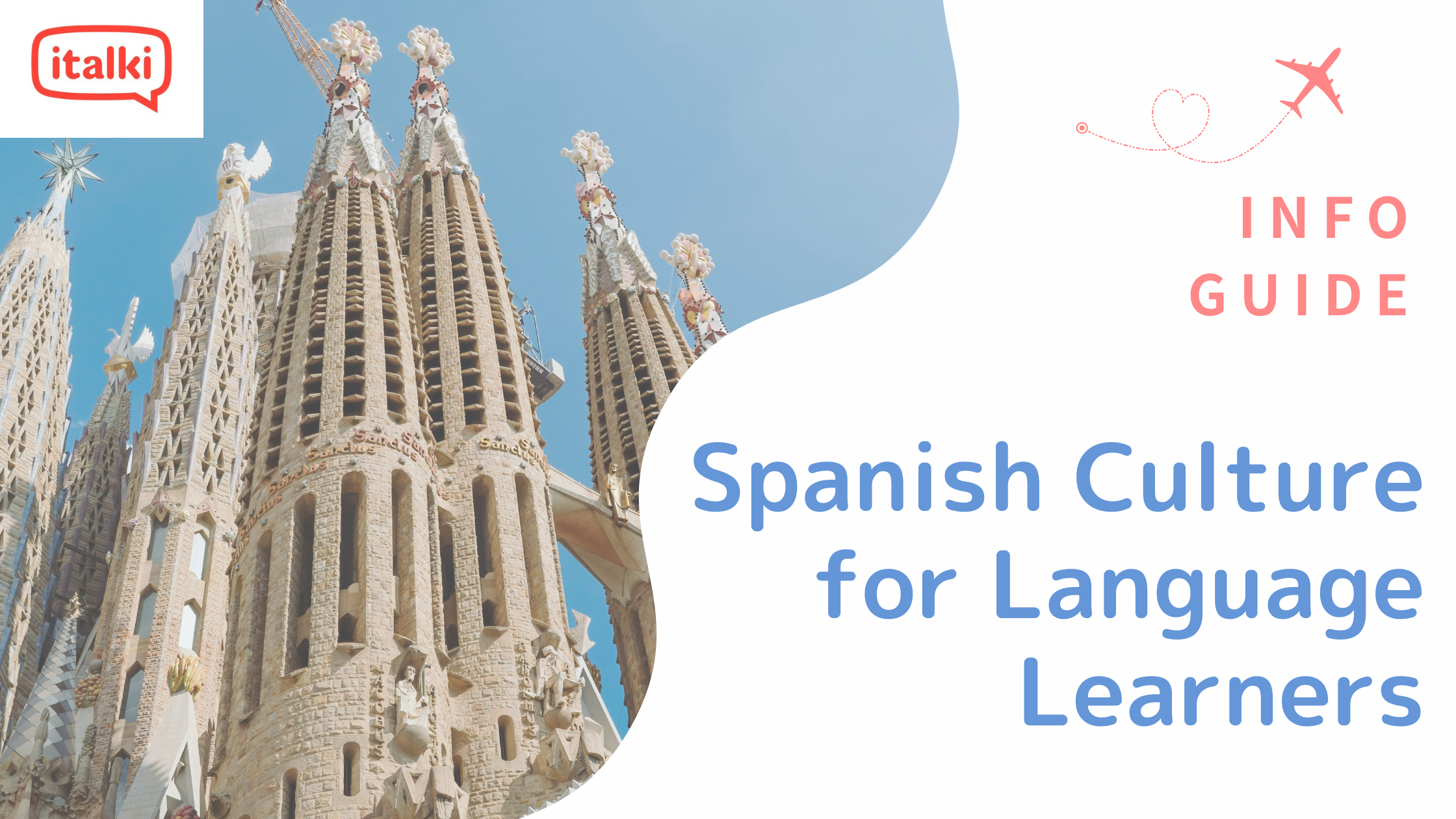The freedom to practice religion is a guaranteed right under the Spanish Constitution. In practice, the government and the rest of Spanish society uphold this liberty. Although no official state religion exists, the government and taxpayers contribute to the Catholic Church. There have been no reports of religious prisoners or forced conversions to the US Department of State.

The following are some of the most widely held Spanish religions:
| Rank | Religion | Percentage of Population Adhering (%) |
| 1 | Roman Catholic | 67.4 |
| 2 | Irreligious | 15.6 |
| 3 | Atheist | 12.2 |
| 4 | Islam | 4 |
| 5 | Other | >1 |
The 4 most prominent Spanish religions
1. Catholicism
Around 67.4% of Spaniards identify as Roman Catholic Christians. Since the region was part of the Roman Empire, Christianity has had a significant presence in Spain. However, following an Arab invasion in 711 AD, Islam became the ruling force and the most widely practiced religion.

This pattern continued until 1492 AD, after years of religious conflict between Muslims and Christians. Catholicism has been the dominant religion in Spain since 1492 and continues to be so today.
Even though Catholics make up the vast majority of the population, 61% of self-identified Catholics report that they do not attend mass very often. In fact, only 14% of Catholics report attending mass every Sunday or multiple times per week.
Furthermore, the number of parish priests and nuns has decreased nationwide. In a 2008 survey of European values, only 3% of those polled said religion was one of their top three values. The Spanish population appears to be undergoing a generalized secularization, as is happening throughout Western Europe.
2. Atheism
Atheists and Agnostics now account for 20% to 22% of the population. This trend towards irreligion is accompanied by economic and social progress, as well as increased scientific research and educational attainment.
Increasing levels of atheism and agnosticism are seen across Western Europe. It is higher in cities, where people have higher educational attainment and income levels.
3. Minority religious groups
Islam, Judaism, Protestant Christianity, Baha’i, Hinduism, and Buddhism are among the minority religions in Spain, along with a few others. One of these religions is practiced by approximately 3% to 5% of the population. Because of the country’s economic growth, Spain has accepted many immigrants to help fill labor shortages.

Because of the increase in immigration, the types of religions practiced in the country have shifted, as have the languages spoken and traditional cultural practices. Both Protestant and Islamic followers have grown in recent years. Apart from this, there are several ways to learn Spanish easily, allowing people to master this beautiful language and hit the country for employment purposes.
4. Islam
Although both Protestant Christianity and Islam have grown in popularity in Spain in recent years, Islam has grown at a much faster rate. As previously stated, this is due to large waves of immigrants entering the country.
The majority of these newcomers are from Morocco and other African countries. Moroccans were not required to obtain a residency visa to live and work in Spain during the 1980s, so they migrated in large numbers, bringing religion with them.
With approximately 1.9 million followers or roughly 4% of the population, Islam is now the second most widely practiced religion in Spain. Muslims in the country are more likely to practice their religion than Catholics actively. This could lead to a revival of religious participation in some areas of Spain.

These are some of the details associated with major Spanish religions. There are several benefits of learning Spanish, and the number of speakers is increasing with every passing day. If you want to learn this beautiful language, seek professional guidance through italki.
Master Spanish language with italki
This is the best platform to learn Spanish online at home. All you have to do is create a profile and look for the best tutor for your needs. This platform’s incredible features set it apart from other language-learning mediums.
The enrollment procedure is exceptionally straightforward. You can schedule your lessons with just a few mouse clicks. This online learning medium’s adaptability is well known. The learner is free to select the most appropriate time for learning. It has a long list of teachers offering Spanish lessons right from scratch. The learner himself can choose the tutor that best meets the learner’s needs.

Find Your Perfect Teacher
At italki, you can find your Spanish tutor from all qualified and experienced teachers. Now experience the excellent language learning journey!
Book a trial lesson
The learning sessions are all conversational in nature. Through conversational Spanish lessons, learners can customize the learning plan to meet all of their needs while being supervised by a Spanish teacher. To assist students in tracking their progress, tutors provide additional learning material, exercises, and quizzes.

The enrollment process at italki
- Go to italki
- Make a profile for yourself
- Fill in all of the required information
- Navigate to the ‘Find a Teacher’ section
- Use the filter to find a Spanish teacher
- Select the teacher who best meets your needs
- Schedule a trial lesson at a discounted rate
- Follow the tutor’s instructions
- Request feedback
- Keep track of your progress
Frequently Asked Questions
What is the predominant religion in Spain?
The predominant religion in Spain is Roman Catholicism. The majority of the Spanish population identifies as Catholic, although levels of religious practice may vary.
How did Christianity come to Spain?
Christianity was introduced to Spain through the Roman Empire, with early Christian communities established on the Iberian Peninsula. The spread of Christianity continued during the Visigothic and Moorish periods.
Is religious diversity present in contemporary Spain?
Yes, contemporary Spain is characterized by religious diversity. While Catholicism remains the largest religious group, there are also significant populations of non-religious individuals, as well as followers of other faiths such as Islam, Hinduism, and Buddhism.
What is the state of religious freedom in Spain?
Spain recognizes and guarantees religious freedom in its constitution. People are free to practice any religion or none at all. Various religious communities coexist peacefully in the country.
Conclusion
With so much diversity in major Spanish religions, Spain recognizes and guarantees religious freedom in its constitution. Different religious communities coexist in this country peacefully. If you are planning to go to Spain, learn the basic Spanish phrases for travel, as it will help you to hold conversations with native speakers.
Understanding Spain’s religious diversity is part of truly experiencing the country. Native Spanish tutors can teach you not just travel phrases, but the cultural context behind Spain’s religious traditions. Spanish lessons online give you the foundation to have meaningful conversations about culture, history, and daily life when you arrive.
Want to learn a language at italki?
Here are the best resources for you!


















